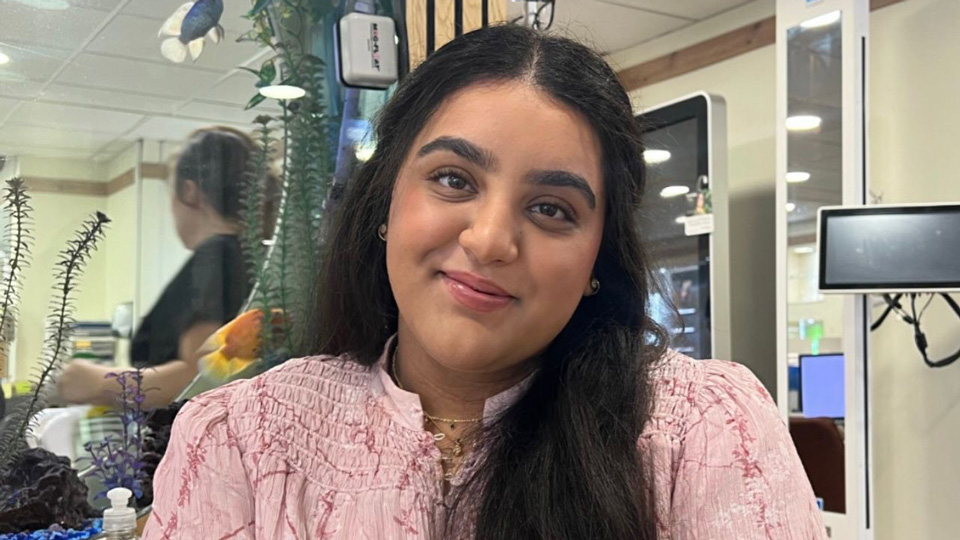- OT
- Life in practice
- Career development
- “I was amazed by what I had seen”
Pre-reg focus
“I was amazed by what I had seen”
Moorfields Eye Hospital pre-reg, Akshay Shah, on the differences he has observed when completing a placement in a High Street practice

A typical week in the hospital includes a rotation of core clinics within the optometry department. These consist of refraction, contact lenses, dispensing, visual display unit tests, and paediatric clinics. The set schedule means I can become familiar with the specific clinics I work within, but also allows me to have a variety of sessions in a week.
Similarly to the hospital, no day is the same, and I am seeing a range of patients. My day typically consists of performing routine eye examinations, which allows me to detect and refer eye conditions into secondary care. I also get the opportunity to see a new variety of contact lens wear, ranging from soft contact lenses for presbyopic patients, to myopia control lenses for children.
Increasing in competence
I definitely feel that I made the right decision with my choice of pre-reg, as I have been enjoying my time working within the hospital setting. I feel my experiences so far have made me a more competent practitioner. One skill that I believe I have developed particularly well is my retinoscopy technique. Learning from the range of patients and eye conditions I have seen has taught me how to make relevant adaptations to this part of the refraction.I think one of the greatest challenges of the pre-reg placement is being able to organise working full-time with studying, and also finding moments to decompress. By planning ahead and using your time effectively you can find a nice balance between the two.
One tip I have is using a cloud service to securely store my documents, as this allow me to access important files at any time, and from any location. I tend to use the time spent commuting to and from work to ensure my logbook has been filled out daily, and to read through the elements of competence required when preparing for my next visit. By utilising this time for the admin side of the pre-reg, I can then dedicate my evenings and weekends to studying, and balancing a social life too.
Knowing this specialist surgery is beneficial in maintaining even a small degree of vision, which can help to improve patients’ lives, is an incredible feeling
An interest in contact lenses
One of my favourite clinics is a specialist contact lens service, in which patients are seen on a monthly basis for bandage contact lens replacements. These regular patients are seen by an ophthalmologist to monitor their prosthetic cornea, known as the k-pro, before seeing an optometrist to change their contact lens.
The first time I saw a patient with these implants, I was amazed by what I had seen: a prosthetic cornea composed of titanium plates. Knowing this specialist surgery is beneficial in maintaining even a small degree of vision, which can help to improve patients’ lives, is an incredible feeling. While many of these patients have extremely sensitive eyes, part of our role as optometrists within the clinic typically involves the use of corneal anaesthetic for removal of existing lenses, iodine drops and a saline rinse for minimising risks of infections, and the replacement of new bandage lenses.
Isha says…

My least favourite part of the pre-reg so far has been... breaking bad news to a patient, as upon examination there was not much that could be done to improve their vision due to their underlying pathology. Having this interaction put into perspective how much we rely on our vision, and how as a practitioner we have to empathise whilst maintaining professionalism.
Before I started my pre-reg I wish I’d known… the level of organisation needed to progress smoothly through assessments. It only hit me two weeks before my Visit 1, so I was able to implement changes in time for this and continue managing my time well. By having a good work-life balance and being active in my learning I was able to achieve all the competencies required in both Visit 1 and Visit 2.
Isha Saghir is a pre-reg optometrist at Bennett and Batty Opticians, a Hakim Group independent practice in Liverpool



Comments (0)
You must be logged in to join the discussion. Log in